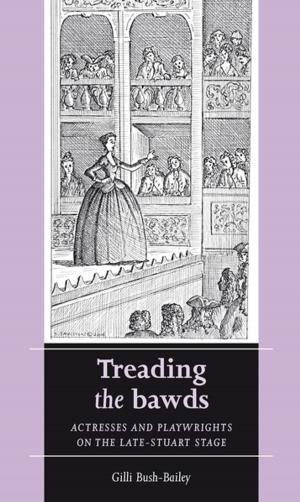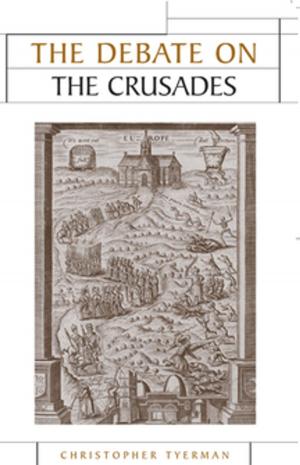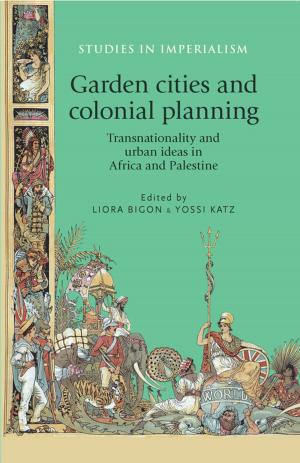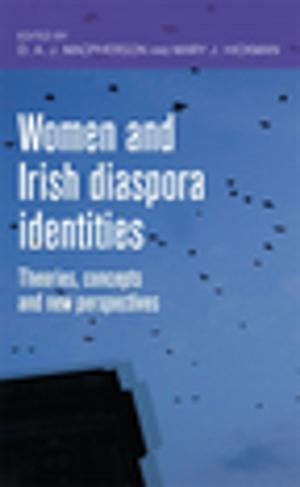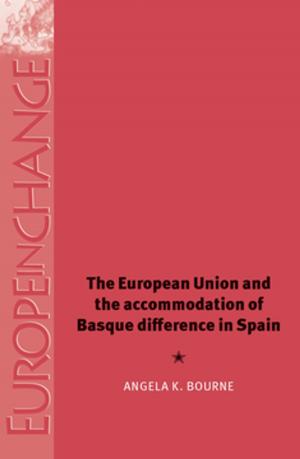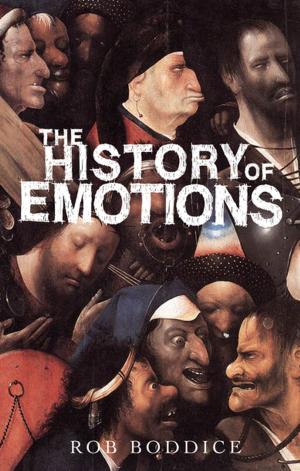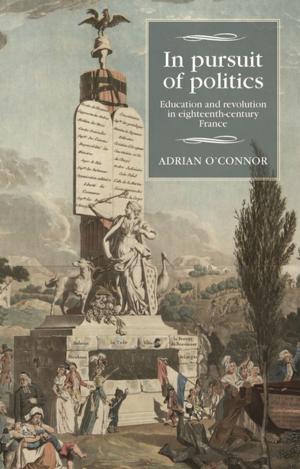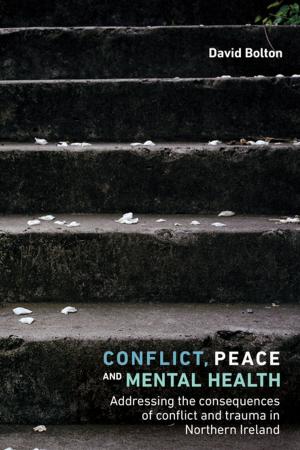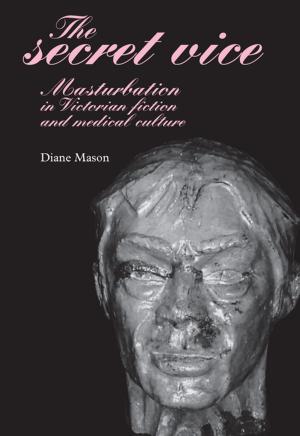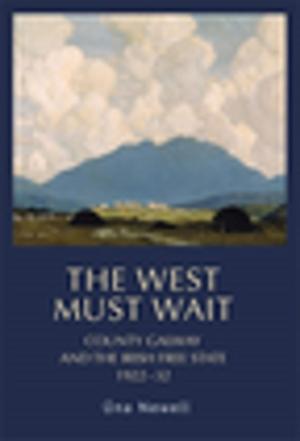Samuel Richardson and the theory of tragedy
Clarissa's caesuras
Fiction & Literature, Literary Theory & Criticism, Nonfiction, History, Military| Author: | James Smith | ISBN: | 9781784997977 |
| Publisher: | Manchester University Press | Publication: | April 29, 2015 |
| Imprint: | Manchester University Press | Language: | English |
| Author: | James Smith |
| ISBN: | 9781784997977 |
| Publisher: | Manchester University Press |
| Publication: | April 29, 2015 |
| Imprint: | Manchester University Press |
| Language: | English |
Samuel Richardson and the theory of tragedy is a bold new interpretation of one of the greatest European novels, Samuel Richardson's Clarissa. It argues that this text needs to be rethought as a dangerous exploration of the ethics of tragedy, on the scale of the great arguments of post-Romantic tragic theory, from Hölderlin to Nietzsche, to Benjamin, Lacan and beyond. Taking the reader through the novel from beginning to end, it also acts as a guidebook for newcomers to Richardson's notoriously massive text, and situates it alongside Richardson's other works and the epistolary novel form in general. Filled with innovative close readings that will provoke scholars, students and general readers of the novel alike, it will also serve as a jumping off point for anyone interested in the way the theory of tragedy continues to be the privileged meeting point between literature and philosophy.
Samuel Richardson and the theory of tragedy is a bold new interpretation of one of the greatest European novels, Samuel Richardson's Clarissa. It argues that this text needs to be rethought as a dangerous exploration of the ethics of tragedy, on the scale of the great arguments of post-Romantic tragic theory, from Hölderlin to Nietzsche, to Benjamin, Lacan and beyond. Taking the reader through the novel from beginning to end, it also acts as a guidebook for newcomers to Richardson's notoriously massive text, and situates it alongside Richardson's other works and the epistolary novel form in general. Filled with innovative close readings that will provoke scholars, students and general readers of the novel alike, it will also serve as a jumping off point for anyone interested in the way the theory of tragedy continues to be the privileged meeting point between literature and philosophy.


